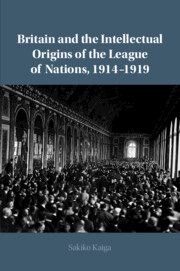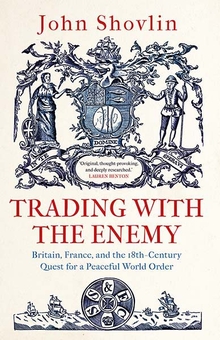This
webinar aims to take stock of a series of recent publications adopting a
critical and historical perspective to national approaches to international law
in the European context.
The turn to
history in international law has coincided with a heightened sensitivity to the
need to explore international law from comparative and specific local/national
perspectives. The intersection of these two movements has increased awareness
of how national and local contexts have fundamentally contributed to shaping
international legal rules, institutions and doctrines since the inception of
the modern law of nations. It has also drawn attention to how the international
dimension has influenced the conceptualization, interpretation and reform of
law at the local/national levels. More and more, scholarship in international
law has begun to uncover and scrutinize how political, economic, diplomatic,
and historical elements affecting states might significantly contribute to
introduce distinctive characteristics and peculiarities, or even diverging
perspectives, to the international legal order and its rules.
Against
this background, this webinar critically reflects on the legacy and
characteristics (if any) of national approaches to international by bringing
together recent scholarship on the European context as viewed from the
perspective of broader debates in the history of international law.
The webinar
is organized by the Department of Law of the EUI in cooperation with Roma Tre University and
with the kind support of the European Society of International Law.
Session
one (14.00-15.15)
The first
panel will focus on overarching conceptual and methodological issues including
the relevance of studies exploring potential national features; the
relationship and dialogue (if any) among international scholars, legal
historians and historians in this research; the long-term/contemporary legacy
of national approaches; and the complex relationship between the domestic and
global dimensions in the evolution of the discipline of international law.
Speakers:
Martti
Koskennimi (University of Helsinki)
Inge van
Hulle (University of Tilburg)
Jean-Marc
Thouvenin (Hague Academy of International Law; University Paris X Nanterre)
Moderator: Neha Jain (European University
Institute).
Q&A
session with the virtual audience
Session
Two (15.15-16.45)
The second
session will take the form of an informal roundtable with the authors of some
of the most recent scholarship in this area. Authors will be invited to discuss
the rationale, methodological approaches, and main features of this
scholarship. The conversation will be structured around a set of common themes
such as points of commonality and divergence in the approach to national
traditions present in such analysis; the role of international law and the
academic community in signaling international/national historical markers in
different contexts; and the potential legacy of national approaches in domestic
contexts.
Speakers:
Peter
Hilpold (University of Innsbruck)
Iulia Motoc
(European Court of Human Rights, University of Bucharest)
Ignacio de la
Rasilla del Moral (University of Wuhan)
Vincent
Genin (Catholic University of Leuven)
Giulio Bartolini
(University of Roma Tre)
Moderator: Lauri Mälskoo (University of
Tartu)
Q&A
session with the virtual audience
Concluding
observations: Veronika
Bilkova (ESIL Secretary-General; University of Prague)
Registration link here.





